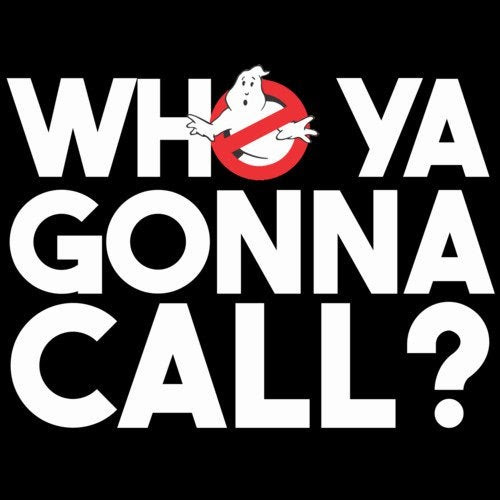Gonna

From the Editor
Twice a month, Jamie Keddie sends out the LessonStream Post – a story or storytelling idea for the classroom. It's free to sign up and you can do so here: https://lessonstream.com
I am currently teaching in the UK and have been using the activity with my students and trainees. And I have been surprised at how much confusion there is that surrounds this little word.
So for today's LessonStream Post, I'm gonna put a few things straight.
Some false beliefs about gonna

1. Gonna is American English
This is not true. "Going to" contracts to gonna all over the English speaking world.
2. Pronunciation
There are a number of different ways of pronouncing gonna including /ˈɡɒnə/ and /ˈɡʌnə/.
Personally, I pronounce it like the first two syllables of Guinness (/ˈɡɪnə/).
3. Gonna is informal English

We have to be clear about whether we are referring to spoken or written English.
In spoken English, gonna is not considered informal slang or street English. It is the standard way to speak. "Going to" contracts to gonna as readily as "I am" contracts to I'm.
On the other hand, gonna is not standard in written English. So although we say gonna, we generally write “going to”.
Of course, it is common to see gonna written in slogans, song lyrics and adverting posters. This is sometimes referred to as an example of written spoken English – an attempt to capture, in writing, how English actually sounds. Other examples of written spoken English include coz (because), c’mon (come on), kinda (kind of), wanna (want to), till or til (until), goin’ (going).

For standard writing, however, we should remind students to write the full form ("going to").

4. "Going to" always contracts to gonna
In spoken English, “going to” generally becomes gonna immediately before a verb (i.e. in future “going to”).
You’re gonna lose that girl (The Beatles)
In standard spoken English, “going to” does not become gonna when the “to” is part of a prepositional phrase (i.e. in present and past continuous structures).
Are you going to Scarborough Fair? (Simon and Garfunkel)
In order to demonstrate this in class, there is a great song by Rufus Wainwright. It is very easy to hear the "going to"/gonna distinction in the introduction.
I'm going to a town that has already been burnt down
I'm going to a place that has already been disgraced
I'm gonna see some folks who have already been let down
I'm so tired of America
I'm gonna make it up for all of The Sunday Times
I'm gonna make it up for all of the nursery rhymes
They never really seem to want to tell the truth
I'm so tired of you, America
Click here to listen to Going to a town on YouTube
Well, that's all for me. I'm going to the centre of Norwich now. I'm gonna get a hair cut

Gonna
Jamie Keddie, SpainA Letter to HLT and Fellow Teachers Worldwide: Engaging Students Takes More Time than Telling Them
Andrew Wright, Hungary